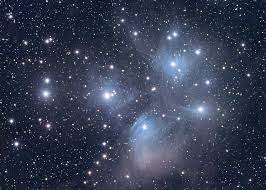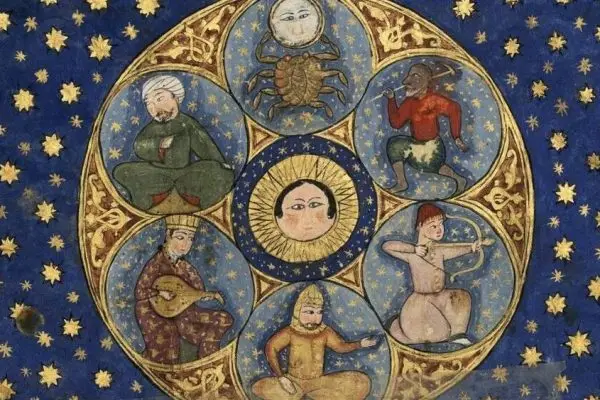
Surah Al-Burooj (The Mansions of the Stars) in Relation to Cosmology
Surah Al-Burooj offers profound insights into the nature of the cosmos and the divine order governing it. By invoking the grandeur of the stars and the sky, the Surah invites believers to reflect on the signs of Allah’s creation and recognize the power and wisdom behind it. The themes of divine justice, the cycle of creation, and the preservation of the divine will resonate with modern cosmological concepts, bridging the gap between spiritual teachings and scientific understanding. Through contemplation of these verses, one can gain a deeper appreciation of the Quran’s guidance and its relevance to contemporary explorations of the universe.










